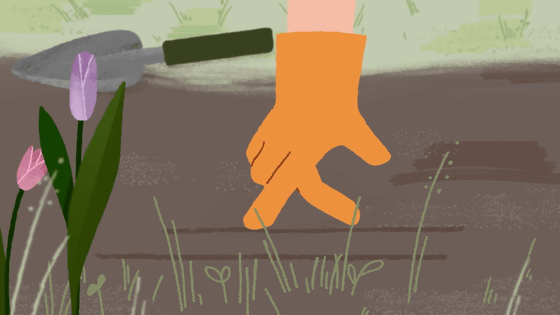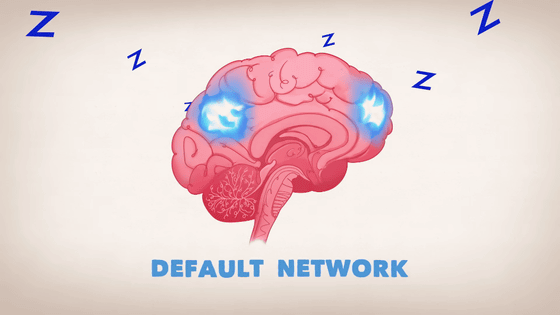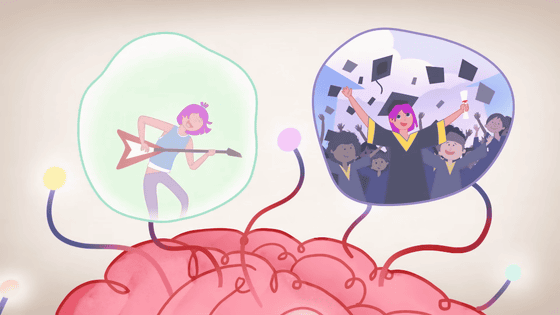What are the benefits of fantasizing/delusion?

When you're bored or you've got nothing on your hands, everyone has the experience of suddenly daydreaming about a fantasy world or a story-like scene, or fantasizing about becoming a champion of something. Time spent just daydreaming and delusions seems meaningless and wasted. YouTube channel '
The benefits of daydreaming-Elizabeth Cox-YouTube
It is estimated that we spend one-third of our day daydreaming and dreaming. At first glance, this seems to be a huge waste of time, but scientists believe that there must be some purpose for humans to spend so much time in fantasies and delusions. It would not have evolved like that.'

For example, despite not having much experience exercising, he trains every morning, wins several track and field competitions, eventually becomes captain of the Olympic team, and tolerates being envied and attacked by others. I'm going to have such an impossible delusion that I'm going to talk to you gently with a spirit.

We focus on the excess of brain activity and energy consumption during such delusions. Various areas of the brain are activated when the mind is agitated, and these areas constitute the 'default mode network'. Scientists have long associated this pattern of default mode network activity with 'brain rest' because it doesn't do anything particularly noticeable, as it's called 'default'.

However, a closer look at brain activity suggests that the default mode network is involved in recollecting, thinking about our plans and visions for the future, and indulging in fantasies and delusions. It turned out that

When my mind wanders vaguely, I worry about remembering bad memories such as fights that happened in the past, or simply planning what to do in the afternoon. But where thought wandering becomes most interesting is when you enter the realm of free-chain thought.

States like chained thinking have been associated with an increase in both ideas and positive emotions, suggesting that daydreaming can help us navigate relationships and social situations by envisioning 'how to reach our goals.' Studies show that there is. Scientists say there are two key parts to the process by which free chain thinking produces positive results.

First, there is the stage of spontaneous thinking, with ideas flowing freely through the default mode network, and then the stage of selecting, developing, and pursuing the best ideas from spontaneous thought generation. Brain areas that are active, communicate and cooperate with each other are collectively called the 'executive network.' Ideas are propelled into meaningful theories and spirits. Many studies suggest that the synchronized functioning of this default mode network and the executive network is an important condition for creative thinking.

Teenagers in particular are perfectly equipped to think deeply about their problems and goals, even though areas of the brain involved in complex cognitive behavior and personality, such as

Related Posts:







